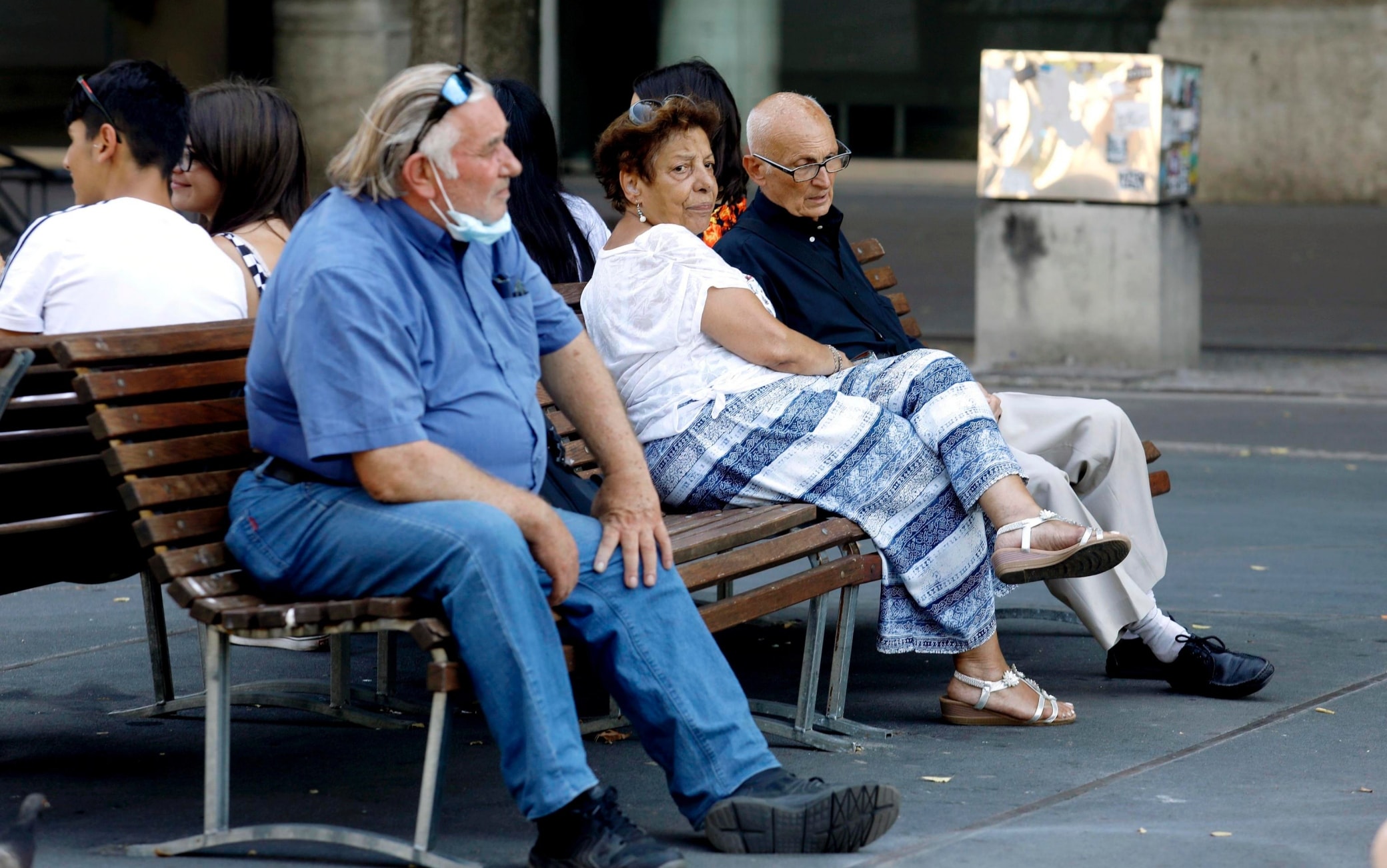The forecasts speak for themselves: over the next few days the temperatures will rise, leading the thermometers to exceed 35 degrees throughout Italy. This heat wave will be accompanied by several pitfalls, especially for the elderly and frail. To help the population deal with it in the best possible way, the Ministry of Health has published on its website a series of tips to follow to reduce the risks and avoid any disturbance. The rules, ten in total, have been designed to help everyone limit exposure to high temperatures, facilitate body cooling, avoid dehydration, etc.
How to fight the heat at home
deepening
Hot and low blood pressure, what to do against hypotension
To avoid heat stroke, the Ministry of Health advises not to go out during the hottest hours (approximately from 11:00 to 18:00), thus avoiding direct exposure to the sun. Even indoors it is possible to take some precautions to suffer less from the heat. For example, the use of adjustable blinds and / or blinds (shutters, Venetian blinds) allows you to block the passage of sunlight, while leaving the air free. In this way it is possible to make the interior less warm. A similar result can also be achieved through air conditioning, which however must be used carefully, avoiding regulating the temperature at too low levels. In most cases, 25 to 27 degrees are sufficient to ensure well-being and avoid sudden changes in temperature compared to the outside.
Nor should the use of mechanical fans be taken lightly. These devices accelerate the movement of air, but do not lower the ambient temperature: it is for this reason that the body continues to sweat and it becomes necessary to take in large quantities of liquids. The use of the fan becomes ineffective when the internal temperature exceeds 32 degrees.
Consumption of water and fresh fruit
A great way to fight the heat is to drink lots of water, even when you don’t feel thirsty, and eat fresh fruit. However, there are particular health conditions for which excessive fluid intake is contraindicated. People with heart, liver or kidney disease, for example, should consult a doctor before increasing their water intake. The same is true for those who follow a treatment that limits fluid intake or promotes its elimination. A good advice for everyone, however, is to moderate the intake of caffeinated drinks and avoid alcohol. Light meals also help fight the heat. Digestion, in fact, increases the production of heat in the body, especially after a large lunch or dinner.
The right clothing
On the hottest days it is advisable to wear comfortable and light clothes, composed of cotton, linen or natural fibers (synthetic ones are to be avoided). Covering your head with light, light-colored hats is a good way to protect it from the sun’s rays. The use of sunglasses with UV filters is also recommended. Parents need to pay special attention to children’s clothing.
Traveling by car
The Ministry of Health recommends that you ventilate the passenger compartment of the car before starting a journey. If the car is equipped with a ventilation system, it is advisable to adjust it to values about five degrees below the outside temperature, avoiding directing the air conditioning vents directly on the passengers. It is also advisable to avoid traveling during the hottest hours of the day and always have a supply of water at hand. Babies, children and pets should never be left alone in the car, even for short periods.
Physical exercise
Even the most assiduous sportsmen should try to avoid physical exercise during the hottest hours of the day. During the various workouts you must always consume a lot of fluids. The use of supplements may be necessary to compensate for the loss of electrolytes following strenuous exercise.
The categories at risk
Careful attention should always be paid to people at increased risk, such as the elderly who live alone or infants. In extreme cases, it may become necessary to report any situations that require intervention to the health and social services. In the elderly, a wake-up call not to be underestimated is the reduction of certain daily activities, such as eating or going to the toilet, which can indicate a deterioration in health. In the case of newborns it can be useful to keep body temperature under control, lowering it with a lukewarm shower and, when possible, opening the diaper. Anyone who has pets should always remember to provide them with plenty of fresh water and to leave it in a shady area.
Finally, health workers, who are often more exposed to heat-related problems, must follow some precautions, including cooling down and hydrating even before starting work.
.
